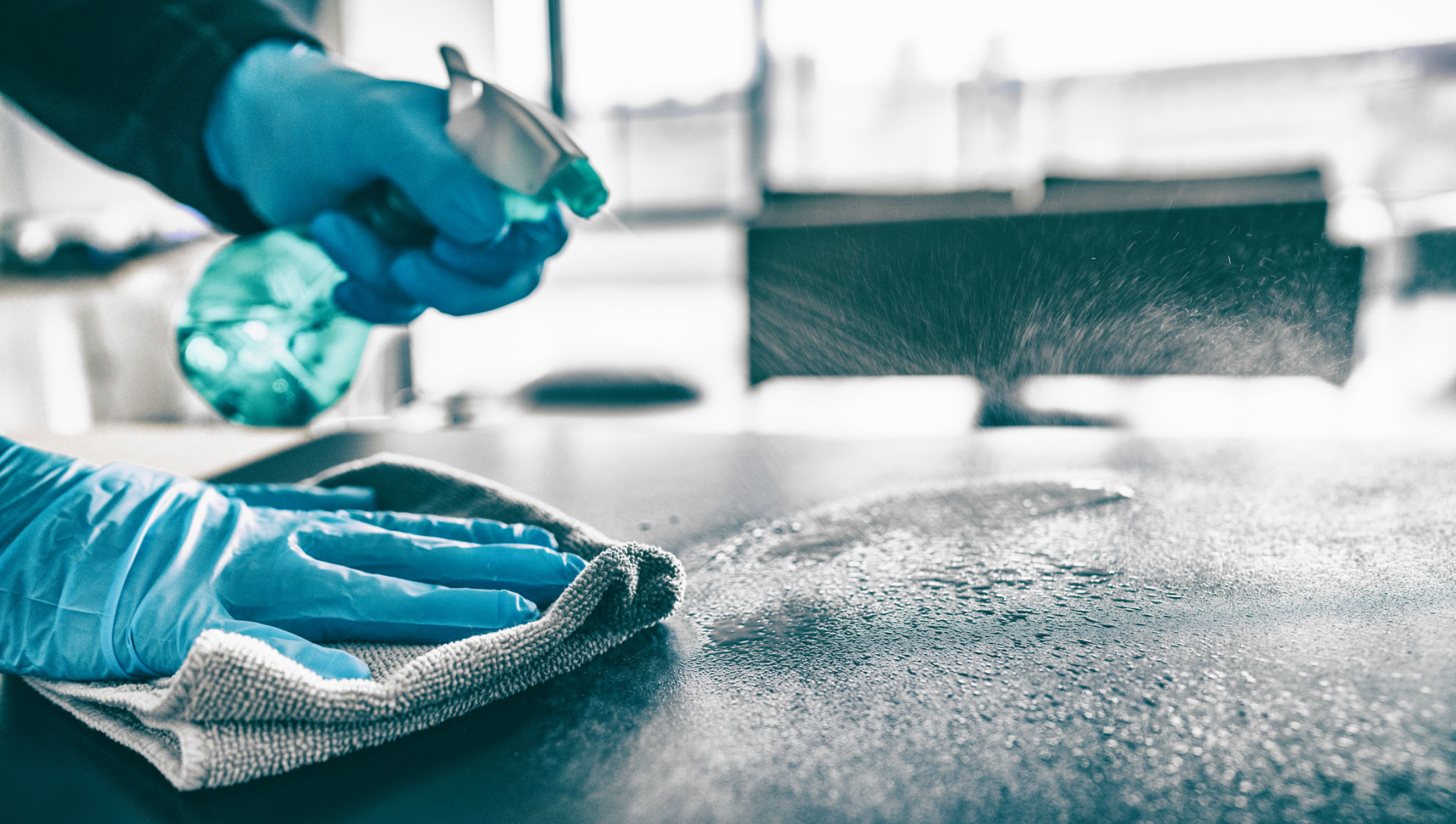Common Cleaning Misconceptions Busted
The Truth About Bleach
One of the most common misconceptions in cleaning is that bleach is a universal cleaner. While bleach is a powerful disinfectant, it doesn't actually clean dirt or grime from surfaces. Its primary function is to kill bacteria and viruses, making it an excellent choice for sanitizing surfaces, but not for removing stains or debris.
It's important to remember that bleach should be used in well-ventilated areas and never mixed with other cleaning agents, particularly ammonia, as this can create toxic fumes. Instead of relying solely on bleach, pair it with a good all-purpose cleaner for effective results.

More Soap Equals Better Cleaning
Using more soap doesn't necessarily mean a cleaner surface. In fact, excess soap can leave a sticky residue that attracts more dirt and grime. The key to effective cleaning is using the right amount of product and ensuring it's thoroughly rinsed away.
When cleaning, follow the manufacturer's instructions for the recommended amount of soap. This not only ensures optimal cleaning results but also helps you save money by extending the life of your cleaning products.

The Myth of Vinegar as a Universal Cleaner
Vinegar is often touted as a miracle cleaner, but it’s not suitable for all surfaces. While it's effective on glass and certain countertops, vinegar's acidity can damage natural stone surfaces like marble and granite.
For these materials, it's better to use pH-balanced cleaners specifically designed for stone. Always test vinegar on a small, inconspicuous area first if you're unsure about its compatibility with the surface you intend to clean.
The More Frequent, the Better
While regular cleaning is important, it’s a misconception that more frequent cleaning is always better. Over-cleaning can sometimes lead to damage, especially on delicate surfaces. For instance, wood furniture and floors can suffer from frequent mopping or wiping with wet cloths.

Instead of over-cleaning, focus on maintaining a balanced routine that keeps your space tidy without causing damage. This might mean dusting weekly and deep cleaning monthly for certain items and surfaces.
Disinfectants Work Instantly
A common misunderstanding is that disinfectants work immediately upon application. In reality, most disinfectants require a specific contact time to be effective, which can range from 30 seconds to several minutes.
Always read the label on your disinfectant products to understand the required contact time for it to be effective. This ensures that you’re not just wiping away germs but actually killing them.

Conclusion: Cleaning Smartly
Understanding these common cleaning misconceptions helps you clean smarter and more effectively. By using the right products in the right way, you can ensure a safe and spotless home without falling for myths that could lead to wasted time or damaged surfaces.
Remember, effective cleaning isn't just about using strong products but also about using them correctly. Keep these tips in mind as you tackle your next cleaning project!